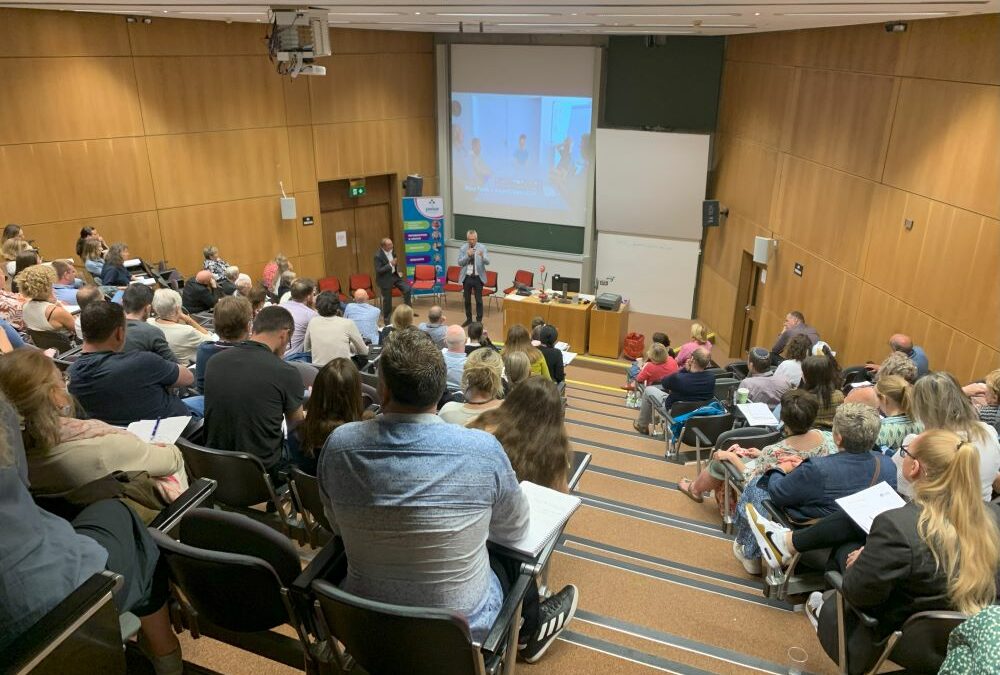IPWSO CEO Marguerite Hughes has been looking at our environmental impact and how we can make positive channges in how we work:
The 2023 Synthesis Report of the Intergovernmental Panel on Climate Change is clear. Climate change is a threat to human well-being and planetary health and there is a rapidly closing window of opportunity to secure a liveable and sustainable future for all. Not only that, but vulnerable communities who have historically contributed the least to current climate change are disproportionately affected, and rapid and far-reaching transitions across all sectors and systems are necessary.
IPWSO’s mission remains unchanged: to unite the global PWS community to collectively find solutions to the challenges of the syndrome and to support and advocate for people with PWS and their families, PWS associations, and professionals who work with people with PWS.
In advancing this mission, we want to ensure that our work has the least possible negative effect on the environment. Though we are in many ways a virtual organisation, without an office building or regular in-person activity, we are responsible for a carbon footprint that includes the daily electricity consumed by sending and storing emails and other data, hosting a website, sharing information on social media and beyond, as well as the more visible environmental impact of our events, such as air travel, paperwork and waste.
Earlier this year we asked a group of student volunteers at the London School of Economics, UK, to look at our environmental impact in more depth, to give us a better understanding of the challenges we need to address and how we might take action. As part of their research they conducted individual semi-structured interviews with IPWSO volunteers from around the world and hosted an online consultation.
Following consideration of the LSE students’ recommendations, the IPWSO Board committed in May 2023 to:
- Take environmental impact into consideration when allocating grants;
- Take environmental impact into consideration when selecting the fora at which IPWSO raises awareness of PWS;
- Seek to reduce the environmental impact of IPWSO’s triennial conferences;
- Seek a free and simple means of calculating IPWSO’s overall carbon emissions so we can monitor and aim to reduce emissions over time.
- As a priority, review our digital emissions and seek means of achieving reductions;
- Comment on IPWSO’s environmental impact and actions to reduce emissions in future annual reports and on our website;
- Ask suppliers and service providers about their environmental policies where we feel this is appropriate;
- Sign up to ACEVO’s Climate and Environmental Leadership Principles and utilise them as a framework to support our progress.
We are grateful to the LSE students for their work and to all the IPWSO volunteers who contributed their views. We are conscious that we have much to learn and look forward to advancing our knowledge alongside others in our community.
Is this something you are discussing within your organisation? Do let us know your thoughts!

